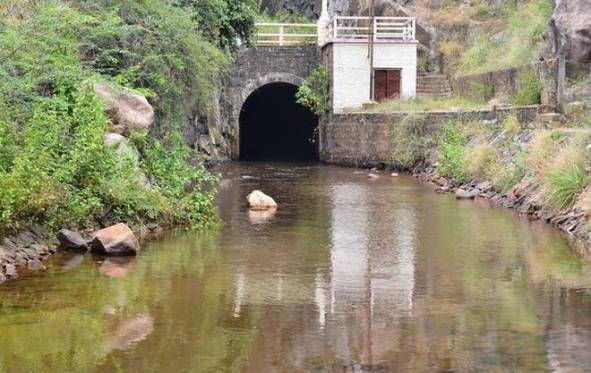900 319 0030
enquiry@shankarias.in
APRACA
Suranga Bawadi

Karez System
World Monument Watch
World Monument Fund
Geochemical Baseline Atlas of India
Ex- Tiger Triumph
CSIR-Institute of Microbial Technology (IMTECH)
Source: The Hindu, PIB

Shreeshma.S.J 4 years
Will you add these prelims bits in monthly current affairs pdf?